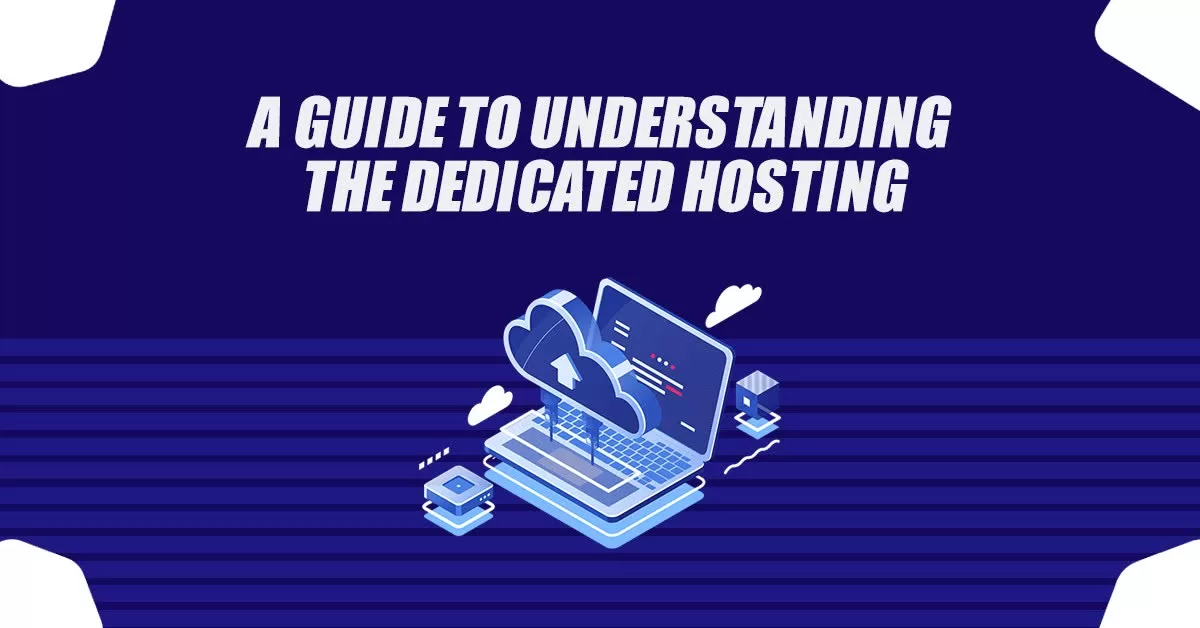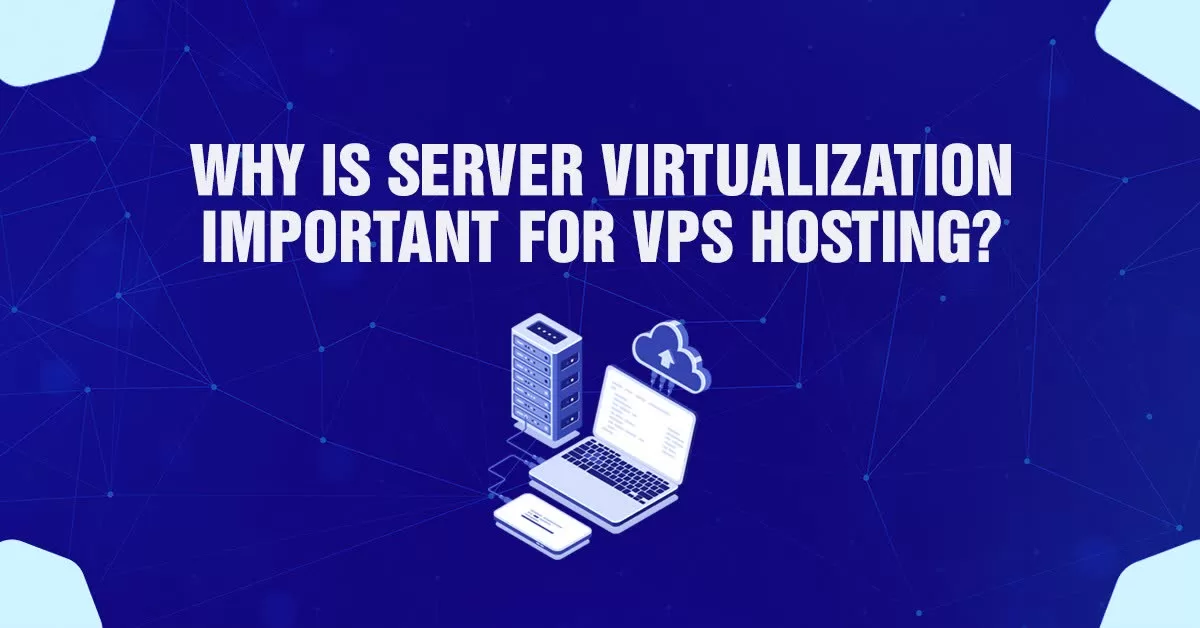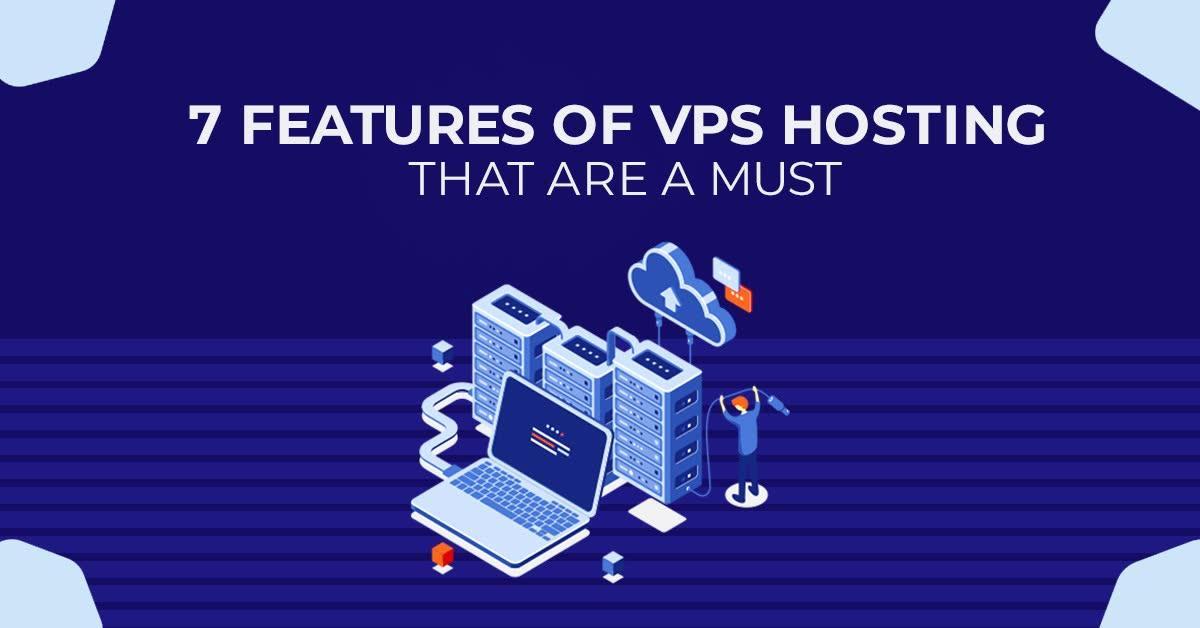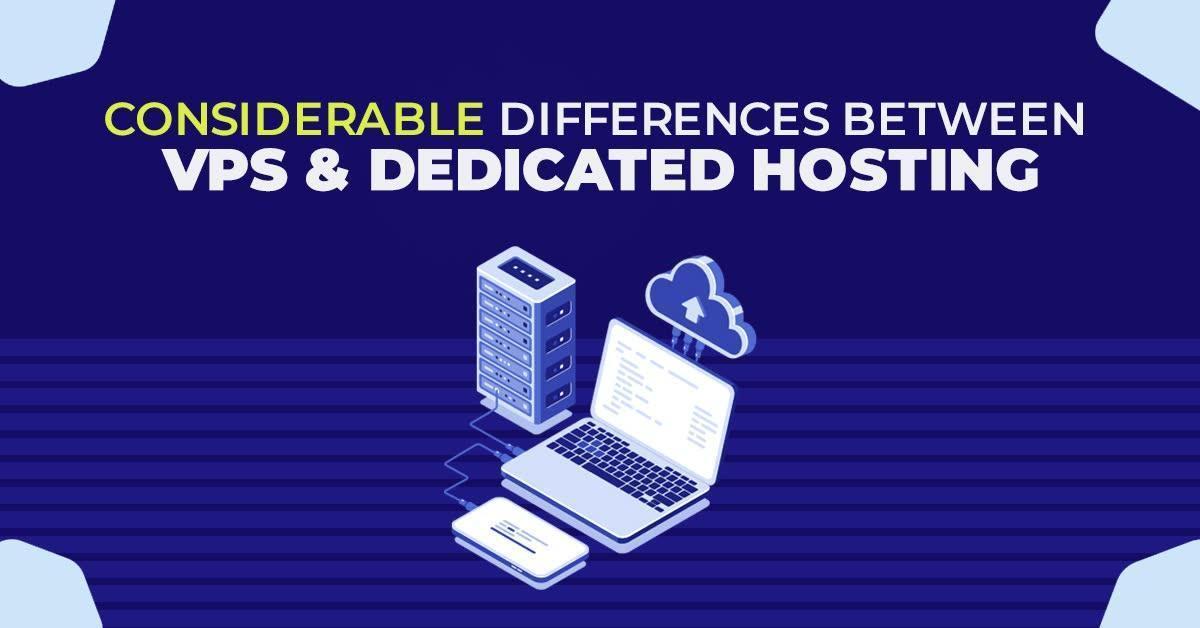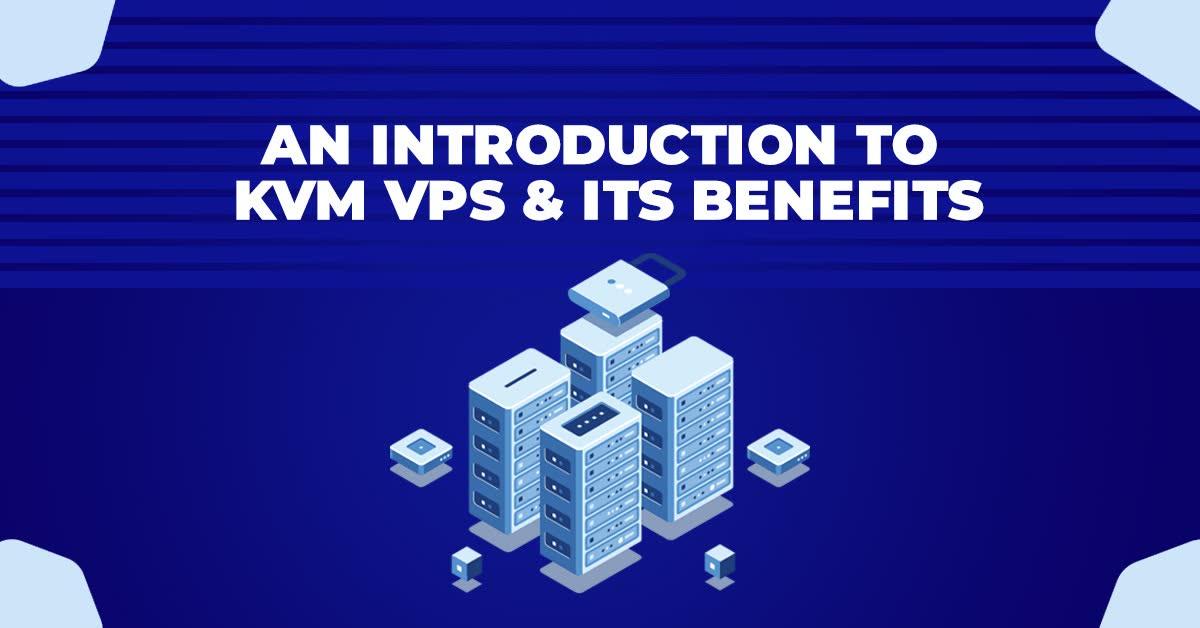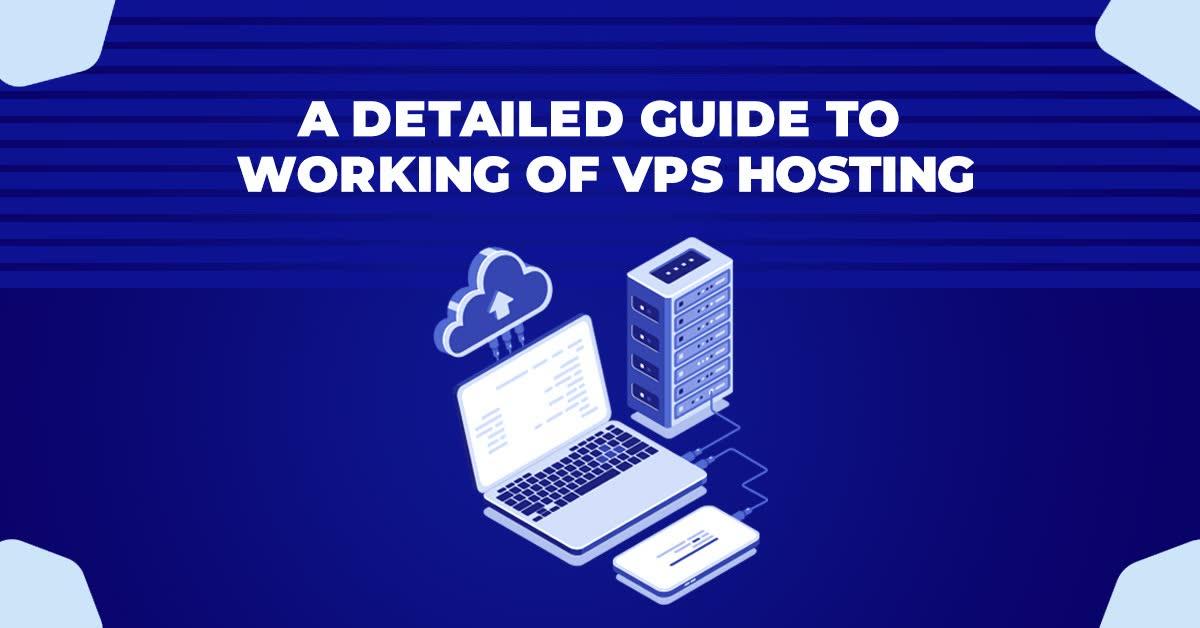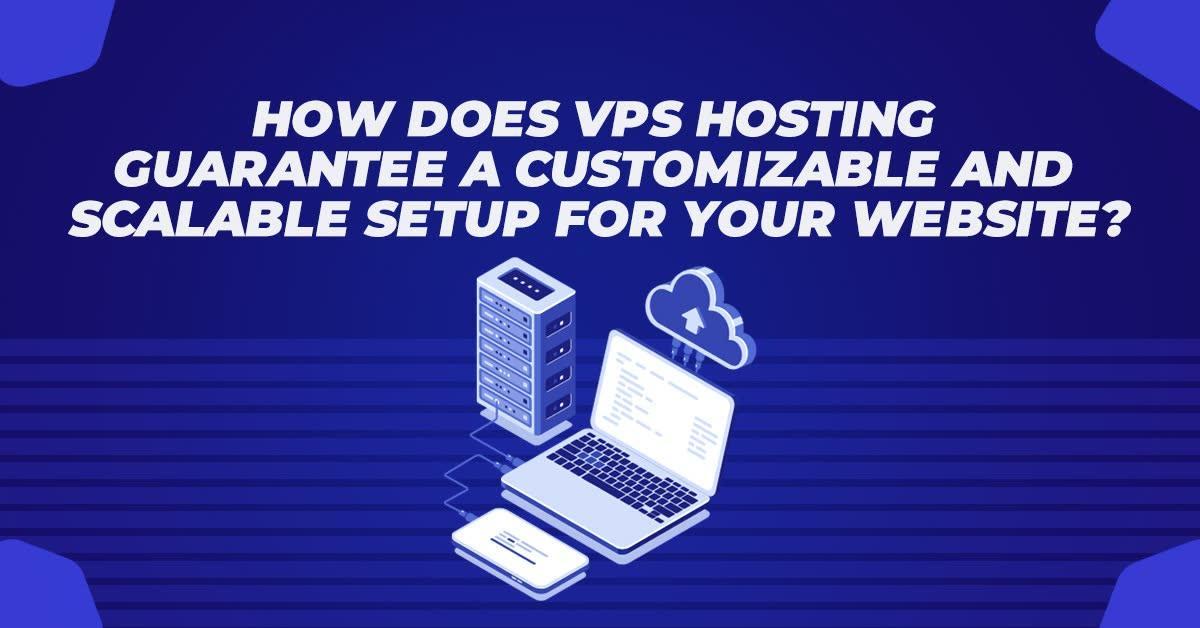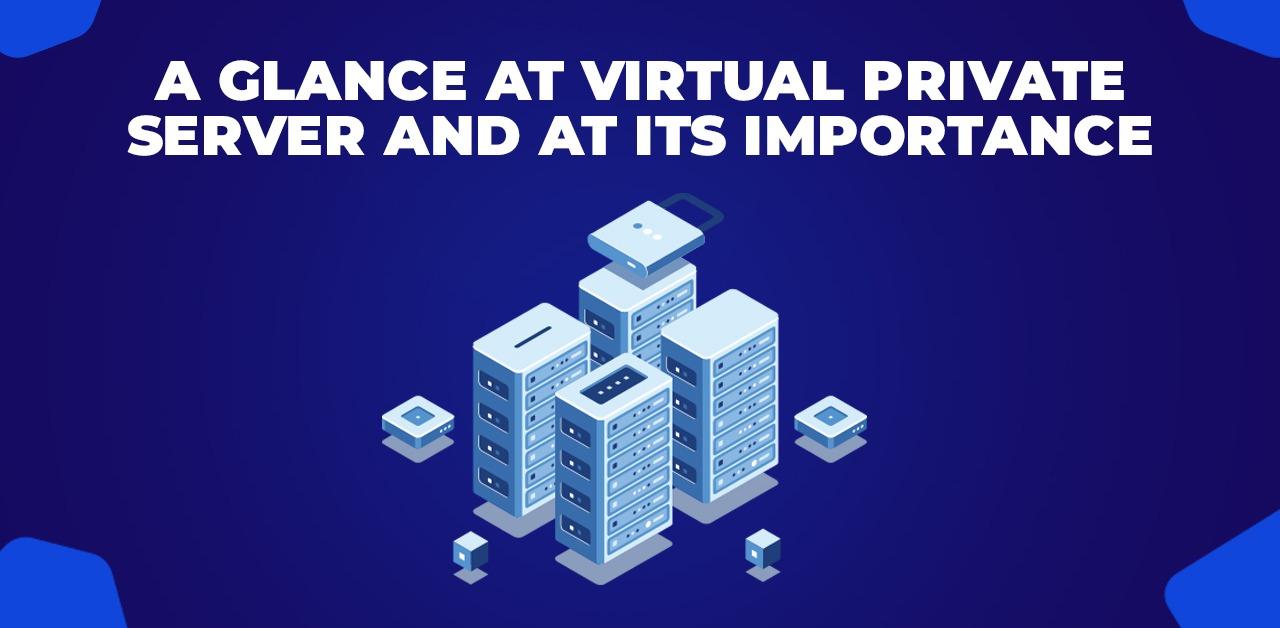A Guide To Understanding The Dedicated Hosting
Dedicated hosting is a type of web hosting service in which an entire server is dedicated to a single customer or organization. Dedicated hosting is often used by large organizations or businesses that have high-traffic websites or applications that require a high level of performance, security, and customization.
Dedicated WordPress hosting is a type of web hosting service specifically designed for hosting WordPress websites. It provides customers with a dedicated server environment optimized for WordPress, which can result in improved performance, security, and reliability compared to shared hosting. In dedicated WordPress hosting, the customer has full access to the server resources, including the operating system, memory, and processing power.
Dedicated WordPress hosting is ideal for businesses and organizations with high-traffic WordPress websites that require a high level of performance, security, and customization. It is also suitable for businesses that want to run multiple WordPress sites on a single server, as dedicated WordPress hosting provides the necessary resources and flexibility to do so.
Different Types Of Dedicated WordPress Hosting
There are two main types of dedicated WordPress hosting: managed and unmanaged.
1. Managed Dedicated WordPress Hosting
In managed dedicated WordPress hosting, the hosting provider takes care of server management tasks, such as server configuration, software installation, and security updates, on behalf of the customer. This managed WordPress hosting is ideal for businesses and organizations that do not have the in-house technical expertise to manage a server, or for those who want to focus on developing and running their WordPress website or application rather than managing the underlying infrastructure.
2. Unmanaged Dedicated WordPress Hosting
In unmanaged dedicated WordPress hosting, the customer is responsible for managing the server, including installing software, configuring the server, and maintaining security. This type of dedicated WordPress hosting is ideal for businesses and organizations that have in-house technical expertise and want complete control over their server environment.
The choice of dedicated WordPress hosting type depends on the specific needs and requirements of the customer, including their technical expertise, budget, and level of control desired.
Virtual Dedicated Hosting, also known as Virtual Private Server (VPS) hosting, is a type of web hosting service that provides a virtualized environment for customers, similar to a dedicated server, within a shared hosting infrastructure For WordPress users, virtual dedicated hosting provides a solution that offers the benefits of dedicated WordPress hosting, such as improved performance and security, at a lower cost.
Virtual dedicated hosting provides WordPress users with more control and flexibility over their server environment compared to shared hosting, while still being more affordable than dedicated WordPress hosting. It is ideal for growing WordPress websites that require more resources and control but do not yet need the resources of a dedicated server.
Comparing Managed Virtual Dedicated Hosting Providers: Key Factors To Consider
When choosing a managed virtual dedicated hosting provider, it’s important to consider factors such as the provider’s reliability, security measures, technical support, and pricing. You may also want to consider the provider’s reputation, the types of services and tools they offer, and the level of customization they provide.
When looking for the best managed virtual dedicated hosting, it is important to compare different providers based on the following factors:
- Performance: Consider the server hardware, network infrastructure, and load-balancing capabilities of the hosting provider to ensure that your website has the necessary resources to perform well.
- Security: Look for providers that offer robust security features, such as firewalls, intrusion detection and prevention, and regular security updates.
- Support: Choose a provider that offers 24/7 support, both through email and phone, and has a knowledgeable support team that can help you with any technical issues.
- Features: Consider the features that are important to you, such as the ability to install custom software, backup, and disaster recovery options, and the ability to scale your resources as your website grows.
- Pricing: Compare the prices of different providers to find one that offers the best value for your money.
- Reliability: Make sure to choose a provider that has a solid track record for uptime and reliability, so that your website remains accessible to your visitors.
It’s important to carefully consider these factors when choosing a managed virtual dedicated hosting provider, as it can have a significant impact on the performance and security of your website.
Pros of Dedicated Web Hosting
- Performance: Dedicated web hosting provides the best performance, as the server resources are not shared with other websites. This results in faster load times and improved website responsiveness.
- Security: With dedicated web hosting, you have complete control over the security of your server, which makes it easier to implement robust security measures and keep your website safe from attacks.
- Customization: Dedicated web hosting provides greater flexibility in terms of customization and configuration, allowing you to install and run custom software, configure the server to meet your specific needs, and access low-level server configurations.
- Reliability: Dedicated web hosting provides more reliable performance, as the server is dedicated to your website, and not shared with other websites. This results in better uptime and fewer interruptions in service.
- Scalability: Dedicated web hosting provides the ability to scale your resources as your website grows, ensuring that your website has the resources it needs to continue to perform well even as it attracts more visitors.
Cons of Dedicated Web Hosting
- Cost: Dedicated web hosting is often more expensive than other types of web hosting, such as shared or VPS hosting.
- Expertise: Setting up and maintaining a dedicated web hosting environment requires technical expertise and specialized knowledge, which can make it challenging for inexperienced users.
- Maintenance: With dedicated web hosting, you are responsible for maintaining and updating the server, which can be time-consuming and requires technical knowledge.
- Limitations: Dedicated web hosting can come with limitations, such as restrictions on the software and applications you can run, and limitations on the number of visitors your website can handle.
- Complexity: Dedicated web hosting can be more complex to set up and manage than other types of web hosting, and requires a higher level of technical expertise to properly configure and maintain the server environment.
Conclusion
In conclusion, dedicated hosting is a powerful and flexible solution for businesses with high-traffic websites, demanding security requirements, or complex hosting needs. With a dedicated server, you also enjoy superior performance, security, and uptime, compared to shared hosting. However, dedicated hosting requires a higher level of technical expertise to manage. Ultimately, whether or not dedicated hosting is right for you will depend on your business needs, budget, and technical abilities.



































